What is a Fuel Card? (For Tradespeople)
In the modern business world, efficiency and cost-effectiveness are very important. This is especially true for self-employed tradespeople and for those who are running small businesses in the trades field. This is where a fuel card comes in.
But what exactly is a fuel card?
A fuel card is a type of payment card that is specifically designed for purchasing fuel. For people who rely on using a vehicle for work, a fuel card can be an invaluable tool.
This could include people in trades such as painting and decorating, plumbing, building, and other professions that require transporting materials and tools. Fuel cards can help streamline the process of refuelling your vehicle and managing your vehicle expenses.

Table of Contents
How Do Fuel Cards Work for Tradespeople?
There are many benefits that come with using a fuel card for your trade business. They can often provide opportunities for the user to save some money on their fuel purchases through discounted rates or loyalty programs.
They can also help to simplify the process of tracking fuel expenses. It allows you to keep better and more detailed records that are essential for accurate tax reporting.
Fuel cards can also help eliminate the need to make out-of-pocket payments and get subsequent reimbursements, as the payments for the fuel card come directly from the business. This can help enhance cash flow management and reduce the administration on this side.
Fuel cards can be very helpful for tradespeople who use a vehicle for their business. They offer a practical and efficient way for you to manage your vehicle expenses. Below is a breakdown of how these cards typically work:
Using the Card
Instead of paying for your petrol or diesel with cash or a personal credit or debit card at the petrol station, a tradesperson can simply present their fuel card to the cashier instead.
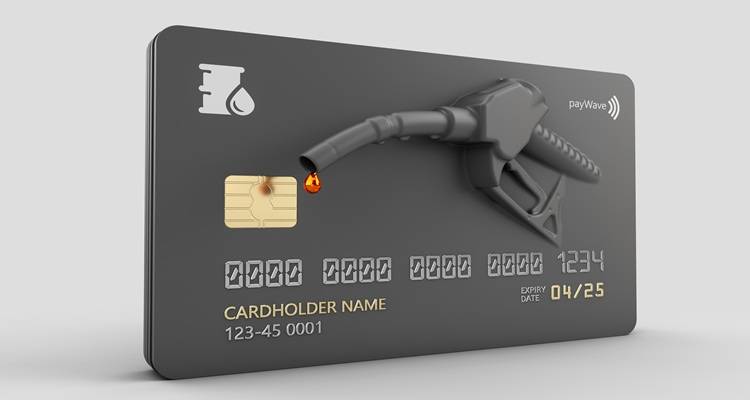
The fuel card is then used for the payment, and the transaction is processed just like any other card payment. This is a much easier and simpler process that helps to eliminate any need to handle cash or keep hold of multiple paper receipts.
Accepted Locations
There are several types of fuel cards. Some types are tied to a specific brand of petrol station, such as Shell, BP, and Esso, so you can only use them at these branded locations. Other fuel card providers allow broader acceptance across multiple fuel brands.
These types of cards can give the tradespeople better flexibility in choosing where they refuel their vehicles. It is important to consider where it can be used when choosing the right fuel card for you.
Billing and Payments
Instead of paying for the fuel when you buy it, fuel costs that add up when using the fuel card are typically billed to the business on a weekly or monthly basis.
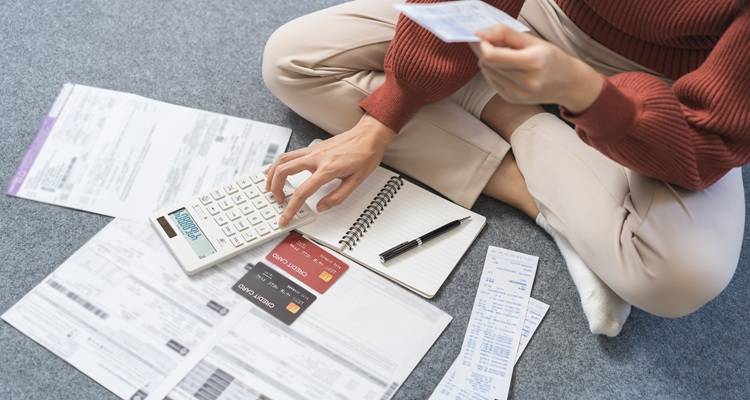
This type of billing system helps to prevent the strain of frequently making out-of-pocket payments and significantly improves cash flow management. The delay in the payments for fuel can be particularly helpful for smaller businesses.
Transaction Records
One of the most valuable features of fuel cards is the detailed transaction records that they provide. Every single purchase is logged digitally, and this log includes the time, date, location, type of fuel, and the amount that was spent on it.
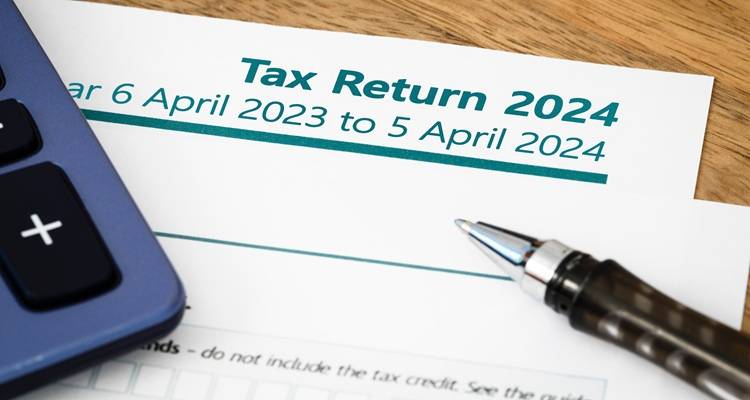
These records can then be easily accessed either online or often through a mobile app, so it is much easier to track fuel expenses. This very detailed data is also very valuable when it comes to keeping accurate books for accounting and claiming VAT on fuel costs. Fuel cards can help to simplify the whole tax reporting process.
Benefits of Fuel Cards for Tradespeople
There are many benefits for self-employed tradespeople or small business owners who are using a fuel card. These benefits can contribute to the professional’s financial stability and can help streamline operations.
Below is a list of the main benefits of a fuel card for tradespeople:
Save Money on Fuel
Many fuel card providers offer discounts on petrol and diesel. This is usually either a fixed saving per litre of fuel or through access to lower weekly fuel prices.
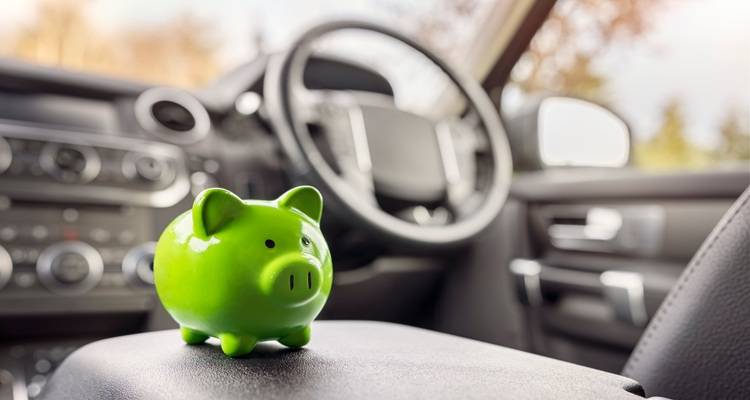
Although the savings per litre may seem small, they can accumulate quite significantly over time. This is especially true for professionals who use their vehicles on a daily basis. So, the discounts can lead to some significant savings in fuel costs over the course of a year.
Simplify Expense Tracking & VAT Reclaims
The invoices that come with fuel card transactions provide a very detailed breakdown of every fuel purchase using the card. This breakdown includes a lot of information, including where, when and how much fuel was purchased. This detailed information makes it much easier for you to track fuel expenses for accounting purposes.
VAT-friendly invoices simplify the process of reclaiming VAT on fuel costs. Tradespeople can access and download the necessary documentation when needed. This eliminates the need to keep hold of and keep track of numerous paper receipts.
Improve Cash Flow & Reduce Admin
Fuel cards remove the need for out-of-pocket expenses, as the fuel is billed either weekly or monthly to the business rather than being paid upfront. This helps to improve cash flow as you won't need to spend the money there and then, so it reduces the strain of immediate expenses.

As all of the fuel spending is recorded digitally, this eliminates the need for manual receipt-keeping and data entry. This then helps to reduce the administration strains on the business and helps you to save both time and effort.
Security & Fraud Protection
Fuel cards are much more secure than cash as they are protected by PIN codes and can also be quickly cancelled if they are lost or stolen.
Some fuel cards have restrictions on them, which means that they can only be used for fuel purchases. This helps to prevent any unauthorised spending and improves the control over the business expenses.
Who Should Consider Using a Fuel Card?
Fuel cards offer benefits to a wide range of businesses and individuals. It is particularly useful for people who rely on their vehicles for their business operations.
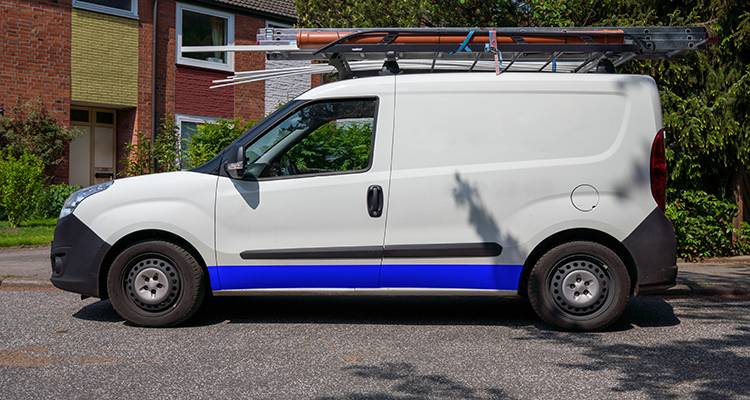
Below, we take a closer look at who can benefit the most from using this type of card:
Self-Employed Tradespeople
Builders, electricians, plumbers, and other self-employed professionals who regularly drive for work can benefit from fuel cards.
The ability to get lower fuel costs is especially beneficial as it can help reduce overall business costs. Easy expense tracking is also very beneficial as it can help streamline your business's administration tasks.
Fuel cards for sole traders also help to separate business expenses from personal expenses. This can help with making tax returns much more accurate and can make doing your taxes a more straightforward process.
Small Trade Businesses with Vans or Fleets
If a business has multiple vans or multiple employees using vehicles for work, then a fuel card can be very beneficial for enhanced control and efficiency.
Fuel cards can help the business track the fuel consumption of each driver. It can also provide some valuable insights into the usage patterns of each driver, and this helps you identify potential areas for cost optimisation.
Also, fuel cards offer a great defence against overspending and fraud, as all of the transactions are properly recorded and monitored.
Fuel cards centralise the fuel costs, so this helps to reduce dramatically the administrative time that would be spent handling multiple receipts and processing reimbursements. This allows you to free up valuable time and resources so the business can focus on what matters most – the work at hand.
Choosing the Best Fuel Card for Tradespeople
Choosing the right kind of fuel card for you is important if you want to maximise the benefits. It is important to consider your business’s specific needs when choosing the best fuel card.

Below, we have a look at the key considerations that you should make when choosing your fuel card:
Where Can It Be Used?
You should evaluate where the fuel card can be used. Some cards are tied to specific petrol station brands, whereas other fuel cards are much more flexible and work across multiple forecourts.
If your work involves travelling to different areas for work, a multi-brand fuel card is probably the more convenient option. This type of card will provide much more flexibility in your refuelling options. Think about your current daily driving habits and the routes you take, and consider the availability of participating petrol stations on these routes.
Fuel Discounts & Savings
You should make sure you understand the pricing structure of the fuel card. Some cards will offer fixed weekly fuel prices, while others give a pence-per-litre discount. So, you need to make sure you know which type of card it is.
Tradespeople who drive long distances regularly may save more with a wholesale rate card. These types of cards offer competitive pricing based on the amount of fuel purchased. You should think about your average fuel consumption to determine the most cost-effective card choice for you.
Fees & Charges
You need to make sure you are aware of any fees and charges that may be associated with the fuel card. Some fuel cards have monthly fees, transaction charges, or hidden costs. Make sure you are aware of these before you choose the right card for you.
Make sure you thoroughly go through the terms and conditions of the card before signing up so that you can make sure you understand all of the fees and avoid any surprises.
Extra Benefits
Take some time to look into whether there are any benefits that come with the fuel card. This could include things like the ability to pay for other vehicle expenses such as tolls, maintenance or parking fees.
Look out for cards that give you VAT-friendly invoices, as these types of invoices help make tax claims much easier, so you can save time and effort when it comes to submitting your tax documents.
It’s also beneficial to look out for a card that has a good online account management system. This can be useful as it will help you easily access transactions and reporting. When choosing the right kind of fuel card for you, make sure you look out for any extra benefits that may apply to your specific business.
FAQs
What is a fuel card, and how does it work?
Can self-employed tradespeople get a fuel card?
Are there any hidden fees associated with fuel cards?
How do fuel cards help with VAT reclaims?
Can I use a fuel card for expenses other than fuel?
Are fuel cards worth it?
This also helps to make VAT reclaims much easier. This type of streamlined digital record-keeping helps eliminate a lot of admin time and removes the management of paper receipts for fuel. Improved cash flow is another great benefit of these cards, as the fuel costs are billed on a weekly or monthly basis instead of requiring immediate payments.
There is also enhanced security with these cards as they are PIN-protected, and spending limits are involved. This reduces the risk of fraud. For businesses that have multiple vehicles or high fuel consumption, the fuel card can provide valuable insights into fuel usage. With this in mind, a fuel card is definitely worth it for tradespeople who regularly use a vehicle for their work.








